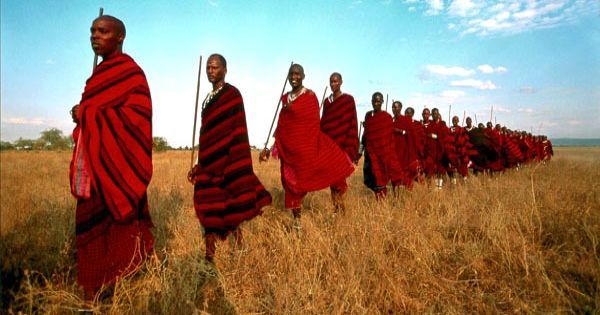
UN condemns Maasai evictions in Tanzania
Published on June 17, 2022 at 5:50 AM by Face of Malawi
The United Nations Permanent Forum on Indigenous Issues has expressed its concern over the ongoing eviction of more than 70,000 members of the Maasai community of Loliondo in Ngorongoro district, Tanzania.
In a statement, the chairperson of the forum Dario Jose Montalvo said it received reports of Tanzanian police using force, including indiscriminate use of firearms for the forcible eviction that has led to injury of dozens of people while others have fled to the forest.
It said that the ongoing evictions are a clear violation of the human and collective rights of the Maasai people of Loliondo.
“Given these circumstances, the Permanent Forum on Indigenous Issues calls on the government of Tanzania to immediately cease efforts to evict the Maasai people from the Ngorongoro conservation area as stated in the report of the 21st session in 2022 to be presented at ECOSOC,” the organisation said.
The forum has further called for President Samia Suluhu’s government to comply with relevant international human rights instruments, and to ensure the right of the Maasai to participate in decision-making, considering that their land in Loliondo for safari tourism, trophy hunting and conservation will affect their lives and territory.
The forum has also urged the government of Tanzania to withdraw all armed forces, stop human rights violations, harassment and violence and bring the perpetrators to justice.
According to the forum, the removal of indigenous peoples from their lands where they have been living for generations, will impact their survival.
The African Commission on Human and Peoples’ Rights had earlier asked President Suluhu to halt the eviction exercise.
The commission, in a report, says police have used force to evict the community from their ancestral land.
“The African Commission is gravely concerned that the forcibly uprooting of the affected communities entails grave danger to various rights of the members of the communities, including their rights to life, bodily integrity, freedom of association, property, culture, family, existence and natural resources,” it said in a statement.


